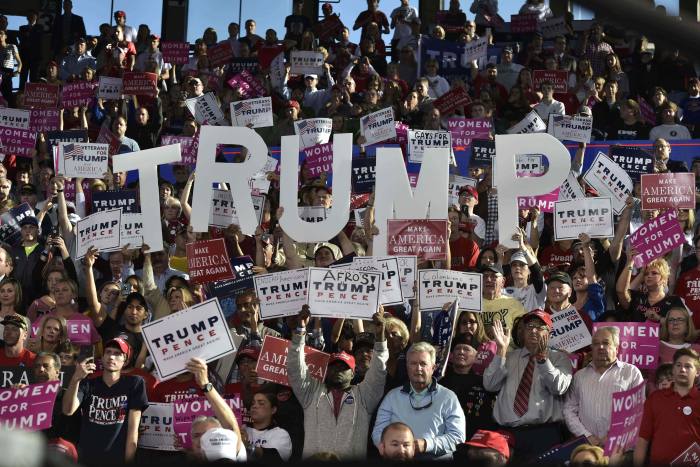
US trade tariffs imposed by President Donald Trump are bad news for investors with positions in US dollar denominated assets, managers have warned.
Jan Dehn, head of research at Ashmore Group, said by slapping heavy tariffs on all steel and aluminium imports in the US, the Trump Administration issued a clear signal that US economic policy is becoming even more heterodox and populist than has hitherto been the case.
Mr Dehn said this is very bad news for investors with positions in US dollar denominated assets, because protectionism causes real exchange rate overvaluation and slows growth.
He said: "Latin America offers countless lessons about how populist and heterodox economic policies impact economies: basically they exert a destructive influence.
"At best, they are policies which provide a modest degree of comfort in the very short term while leaving you worse off in the longer term."
Jacob De Tusch-Lec, who runs the £4bn Artemis Global Income fund, said not only will the imposition of tariffs be bad for the global economy (on aggregate, but politicians don't think in aggregates but rather in terms of votes), but it will also add to the inflationary pressures in the US.
The tariffs will create inflation because those companies which export steel into the US will seek to pass costs onto the buyers of the steel, who will pass it onto their customers, and, eventually, to end consumers, he said.
This higher inflation is called "cost push" inflation, as it pushes up the cost of goods in a way that is not the result of higher demand for goods, and so the higher prices act as a negative for growth.
It is likely the higher inflation in the US will be exported to the rest of the developed world, creating the same negative effect everywhere, Mr De Tusch-Lec added.
He said higher inflation that is the result of these tariffs will present the US Federal Reserve with a dilemma.
The central bank wants to put interest rates up to prevent inflation becoming too high.
But that is based on the the inflation being the "good kind", that is, inflation created by economic growth, rather than inflation created simply by prices rising.
Donald Maxwell-Scott, technical investment manager at Rowan Dartington, said the last time the US introduced steel tariffs, between March 2002 and December 2003, the S&P 500 index fell by 21 per cent.
But Mr Maxwell-Scott said many people put the stock market fall at that time down to the fact there had been a bull market for 10 years.
He said there has similarly been a decade long bull market as the tariffs are being introduced now.
David Scott, an adviser at Andrews Gwynne in Leeds, said the imposition of steel tariffs will affect every family in the UK and US, particularly if other countries retaliate, as it will lead to higher prices for household goods.





